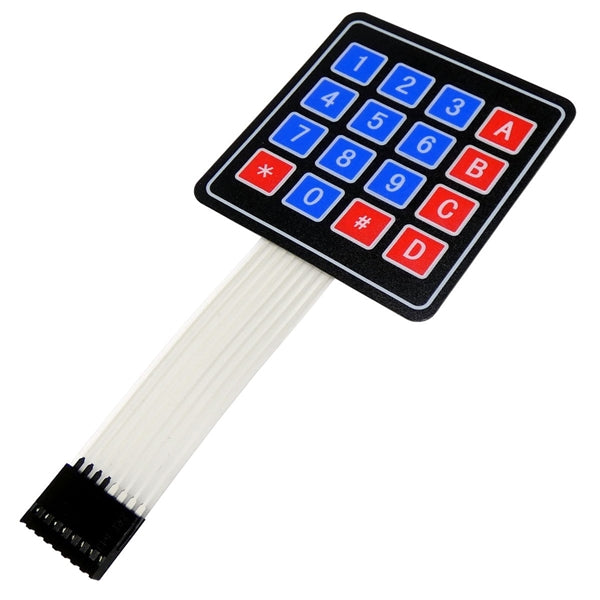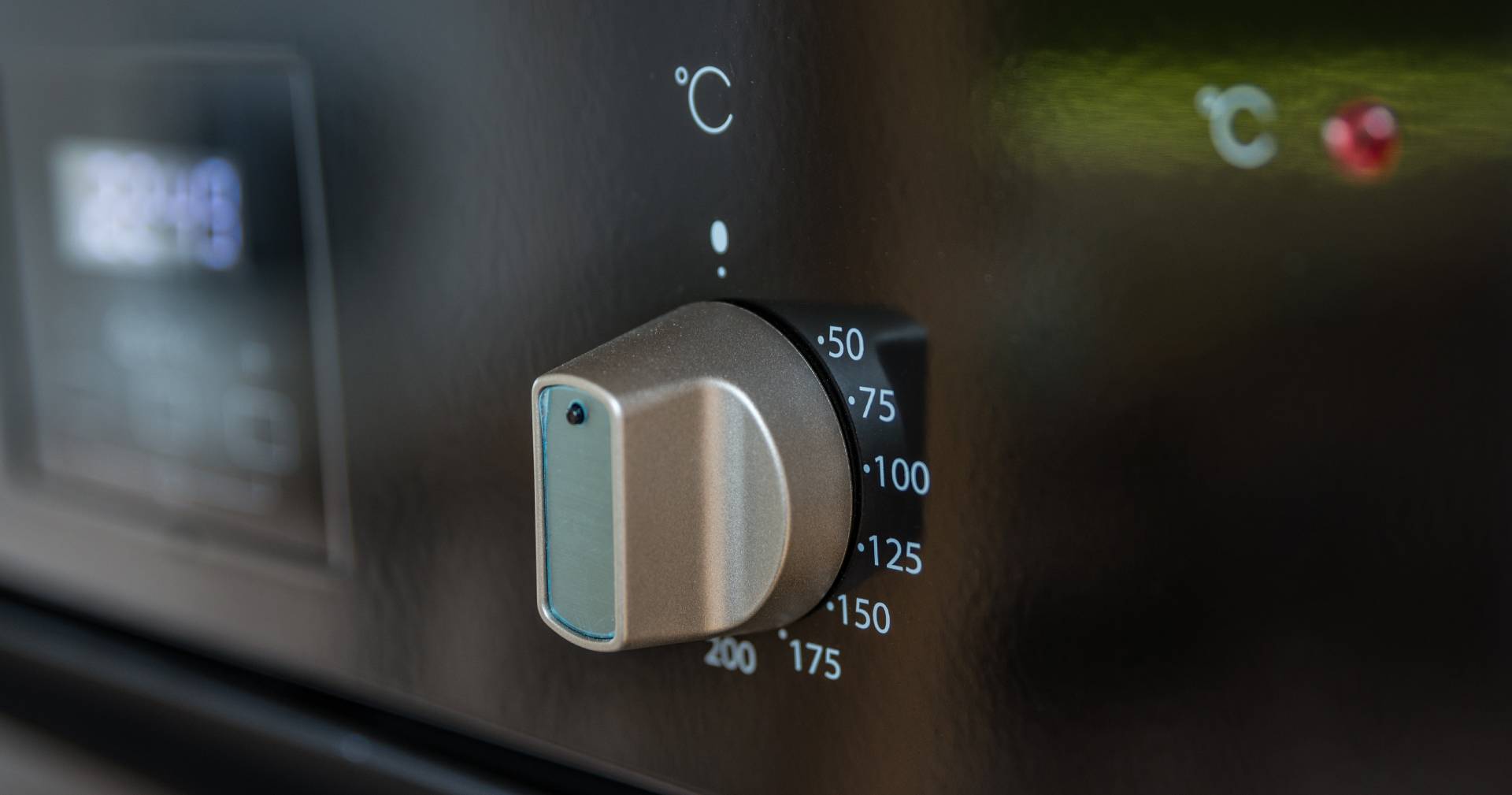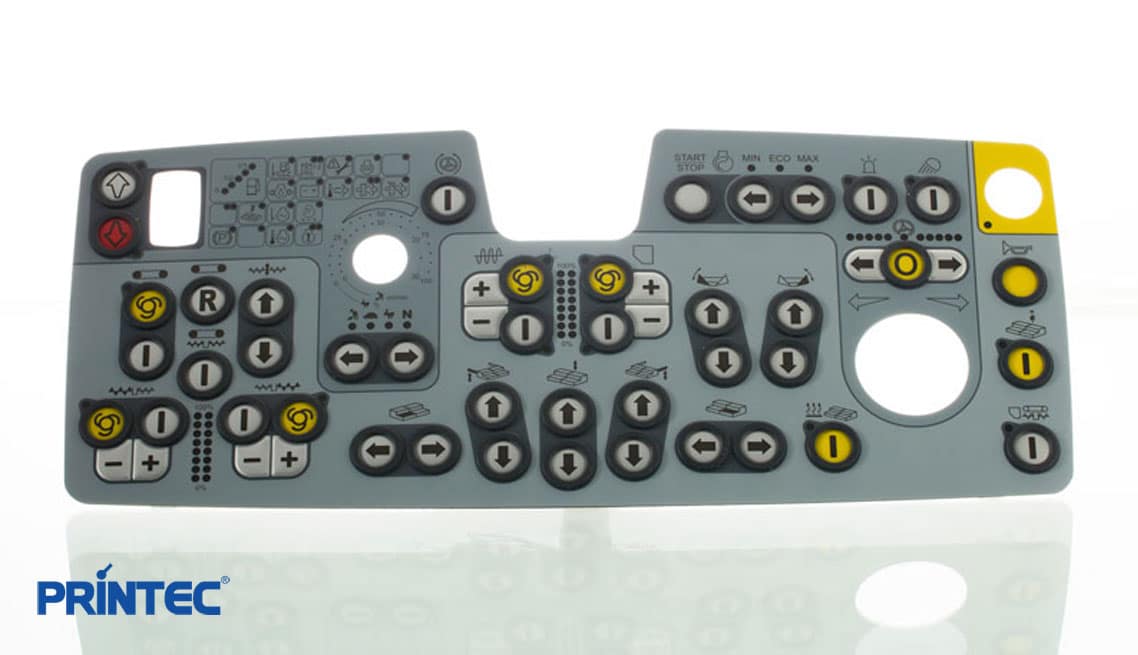Many engineers prefer working with a proven membrane switch manufacturer for custom interfaces.
All About Membrane Layer Switch Over: Understanding Its Style and Capability
When you believe regarding the control user interfaces in contemporary gadgets, membrane layer buttons frequently come to mind. Allow's discover what collections membrane changes apart from various other control systems.
What Are Membrane Buttons?

Their seamless nature makes them easy to clean and resistant to dirt and dampness, an important function in many settings. Membrane layer switches can likewise be personalized pertaining to shape, dimension, and graphics, permitting suppliers to develop one-of-a-kind interfaces tailored to certain items. Plus, they're light-weight and thin, which helps in minimizing the general bulk of gadgets. Overall, membrane switches play a significant duty in boosting customer experience throughout a vast array of applications.
How Membrane Layer Switches Work
When you push a trick on a membrane button, it turns on a simple yet reliable device. The top layer, often constructed from flexible product, lowers onto a conductive layer under it. This action bridges the gap in between conductive traces, finishing an electrical circuit. As quickly as the circuit shuts, it sends out a signal to the device's controller, which translates your input.
You'll discover that the responsive feedback varies based upon the button design, using either a soft click or a more pronounced reaction. Once you release the key, the membrane layer returns to its initial position, reopening the circuit and quiting the signal. This procedure occurs practically instantaneously, making sure a receptive individual experience.
Membrane layer buttons are popular due to their toughness and resistance to dust and moisture, making them optimal for numerous applications, from family devices to medical devices. Understanding this operation helps you value their prevalent usage.
Key Parts of Membrane Buttons
Comprehending the crucial parts of membrane layer buttons is fundamental for grasping their performance and layout. The protective layer shields against ecological factors and wear, extending the button's life expectancy. By comprehending these parts, you'll acquire understanding into just how membrane switches run and their significance in various applications.
Products Made Use Of in Membrane Layer Switch Layout
The performance and longevity of membrane switches greatly depend on the materials used in their layout. You commonly experience polyester and polycarbonate as key substrates as a result of their exceptional toughness and adaptability. These materials resist scrapes and chemicals, making them perfect for requiring environments.
The conductive layers commonly use silver or carbon, chosen for their dependability and conductivity. membrane switch manufacturer. Silver offers superior performance, while carbon is a cost-efficient choice. For the overlay, you may take into consideration a matte or glossy finish, relying on your aesthetic needs and user experience
Make certain to choose adhesives that hold up against environmental factors like temperature level and humidity. Selecting the right products will ensure your membrane button stands the examination of time.
Design Factors To Consider for Membrane Layer Buttons
While making membrane layer buttons, it's crucial to take right into account different elements that affect their performance and user experience. Begin by focusing on the design and switch size; make specific they're user-friendly and easy to browse.
Validate your style fits ecological aspects, like dampness or temperature level variants, which could influence efficiency. By thoroughly taking into consideration these aspects, you'll produce a membrane button that improves functionality and complete satisfaction.
Applications of Membrane Layer Switches
Membrane buttons are versatile parts located in numerous applications, from industrial equipment to customer electronic devices. You'll see their impact in devices that need sturdy interfaces and in devices that gain from smooth layouts. Recognizing these applications aids you appreciate the capability and practicality of membrane buttons in everyday technology.
Industrial Equipment Use
When you're looking to enhance the capability of commercial equipment, membrane switches supply a trusted solution that integrates durability with user-friendly style. These buttons are perfect for rough environments, providing resistance to dust, moisture, and chemicals. Welcome membrane switches to streamline your procedures and boost overall performance.
Customer Electronic Devices Combination
In the domain of customer electronics, membrane layer buttons play a crucial function in boosting individual communication and device capability. Membrane layer switches likewise ensure longevity and resistance to dirt and moisture, prolonging the lifespan of your electronic look at this site devices. By choosing membrane layer switches, you boost not simply the functionality yet likewise the style of your devices, making everyday communications smooth and enjoyable.
Benefits and Drawbacks of Membrane Buttons
While membrane layer buttons provide an array of advantages, they also feature some drawbacks that you must take into consideration. One considerable benefit is their portable style, making them excellent for space-constrained applications. They're likewise cost-efficient, offering a durable option with a reduced manufacturing cost. Furthermore, their smooth surface is very easy to tidy, boosting health in settings like medical facilities.

Membrane buttons can have a shorter life expectancy compared to mechanical switches, particularly under heavy use. They can also be much less tactile, which might affect individual feedback throughout procedure. Balancing these pros and cons will aid you establish if membrane buttons are the right fit for your task.
Frequently Asked Concerns
How Much Time Do Membrane Layer Changes Generally Last?
Membrane changes typically last between 5 to ten years, depending on use and ecological problems. You'll intend to evaluate variables like wear, direct exposure to moisture, and temperature variations to assess their durability successfully.
Can Membrane Switches Be Customized for Specific Styles?
Yes, you can personalize membrane layer buttons to fit certain styles (membrane switch manufacturer). You'll have the liberty to pick colors, forms, and designs that match your job's requirements, ensuring they mix effortlessly with your general aesthetic
What Is the Price Range for Membrane Layer Change Production?
The price variety for membrane layer button manufacturing usually drops between $1 and $10 each, depending upon variables like layout intricacy, amount, and products. You can obtain quotes from manufacturers to discover the very best choice.

Are Membrane Switches Over Water Resistant or Resistant?
Membrane layer switches can be developed to be water resistant or resistant, depending upon materials made use of and building and construction methods. If you require them for wet environments, assure you specify those demands throughout the style process.
Exactly How Do Membrane Changes Contrast to Conventional Switches?
Membrane layer switches are normally thinner and more adaptable than typical switches, offering a streamlined design. They're usually simpler to clean up and integrate, yet could not offer the responsive comments you're made use of to with mechanical alternatives.
Verdict
